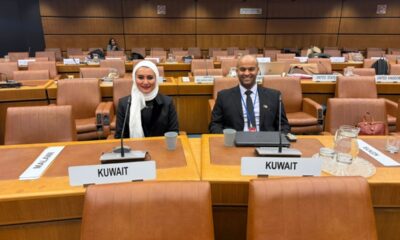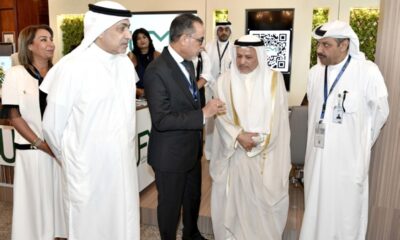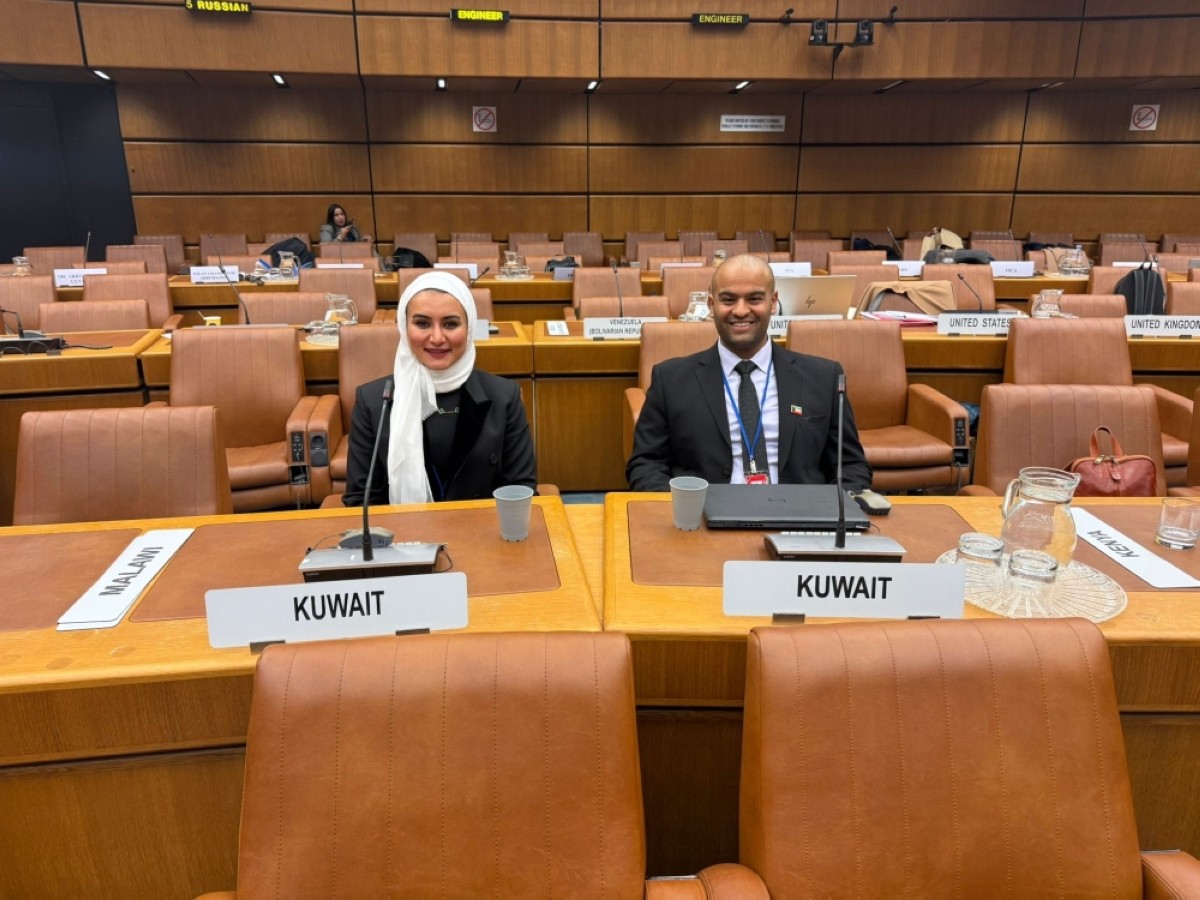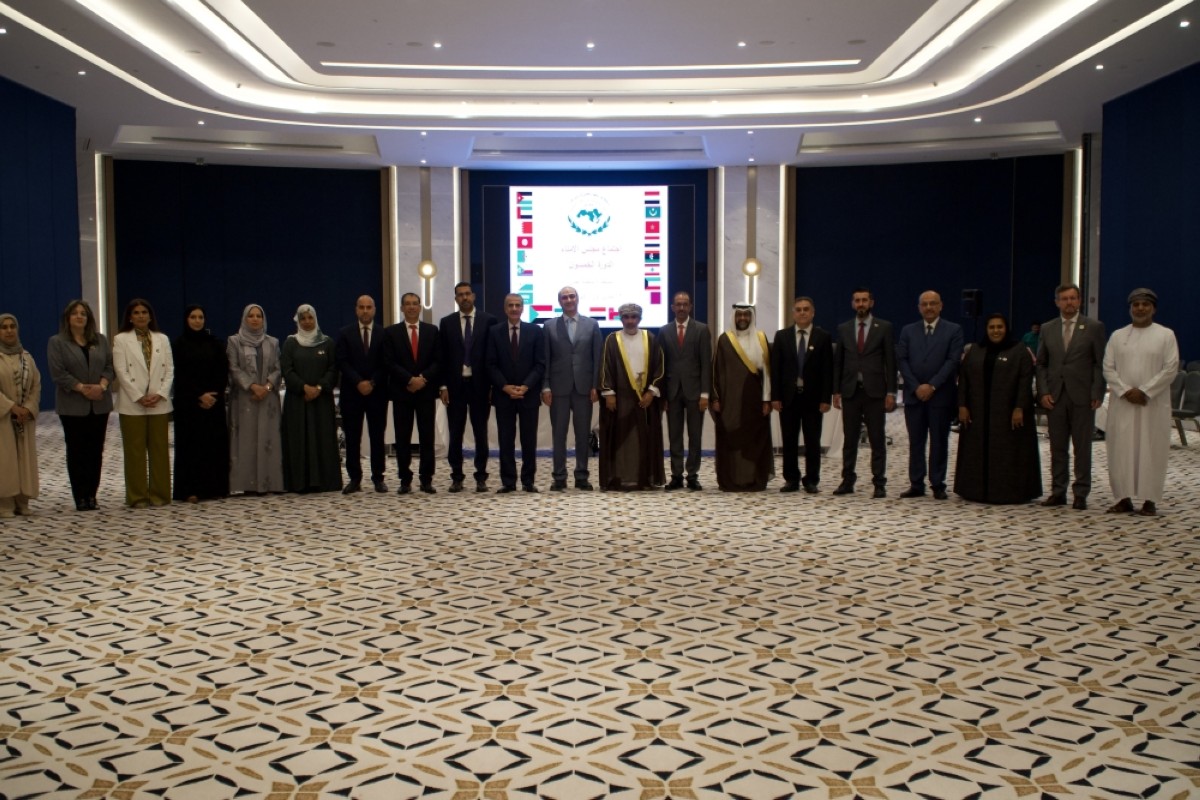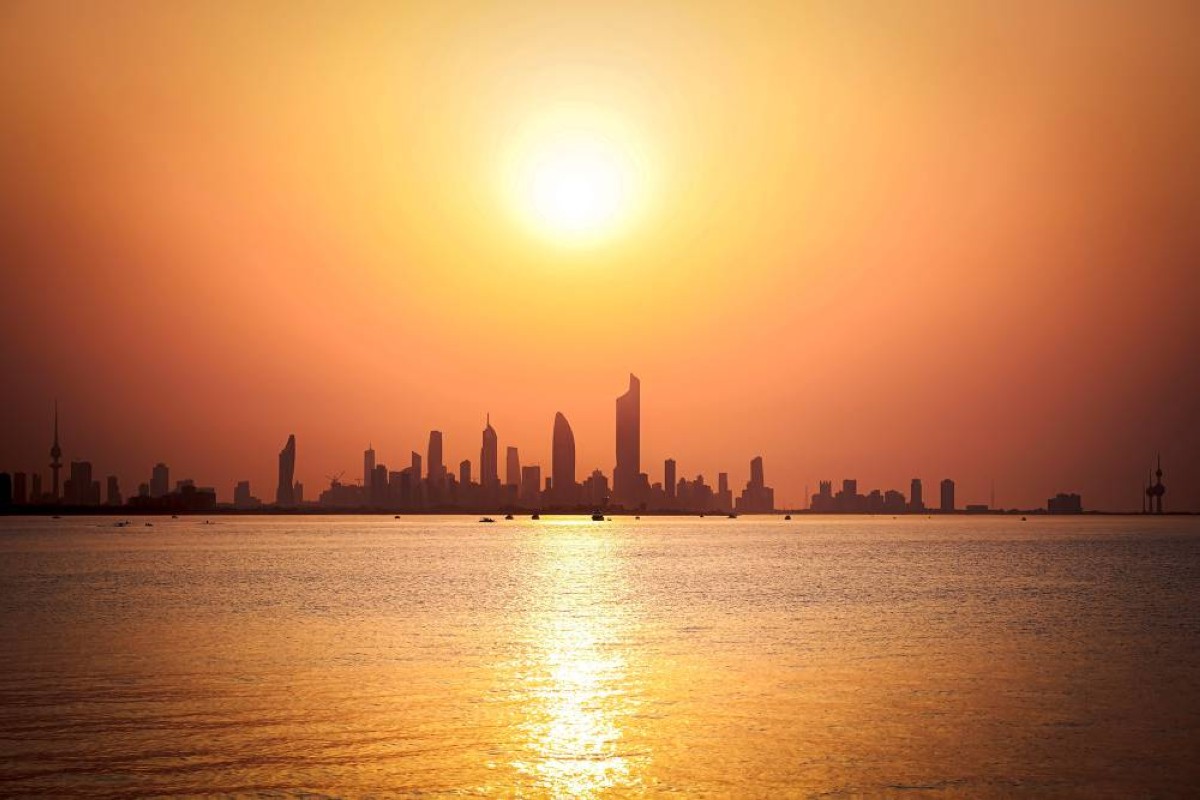NEW YORK: Kuwait on Thursday called for reforms to the global financial system to make it “more fair and transparent” while addressing the needs of developing and least-developed countries. The country also urged the accelerated implementation of commitments to channel special drawing rights to support the most vulnerable nations.
The remarks were delivered by Kuwaiti diplomatic attaché Rashid Farhan before the United Nations General Assembly’s Second Committee, which deals with economic and financial matters.
The global financial system has long faced criticism for favoring wealthy nations while leaving developing countries vulnerable to debt crises and economic shocks. Special Drawing Rights (SDRs), created by the International Monetary Fund (IMF) in 1969, are international reserve assets that countries can exchange for hard currency to bolster reserves and support economic stability.
A historic $650 billion SDR allocation in August 2021 provided a critical source of financing to help countries weather and recover from global shocks. While SDRs are not cash, they can be traded for dollars, euros, or pounds, enabling countries to pay for imports, meet debt obligations, or boost foreign reserves without adding to debt burdens.
However, SDRs are allocated based on IMF quotas, meaning advanced economies received most of the 2021 allocation, while developing regions, including Africa, received a smaller share — prompting global initiatives to channel SDRs to countries most in need.
Addressing the UN Second Committee, Farhan highlighted the challenges facing the global economy, noting a slowdown in growth, rising debt burdens, and declining foreign financing, which threaten progress toward the Sustainable Development Goals. He said the external debt of developing countries has reached around $11.7 trillion, limiting their ability to invest in human development and infrastructure. “Global economic sustainability requires diversifying economies and strengthening the productive base through investment in infrastructure, technology, renewable energy, and sustainable agriculture,” Farhan said.
He also pointed to Kuwait’s efforts to diversify its national economy and enhance its position as a regional economic and commercial hub under the country’s New Kuwait 2035 vision. Since its establishment in 1961, Farhan noted, the Kuwait Fund for Arab Economic Development has continued to support development projects in over 100 countries, emphasizing that “real development is built on fair and sustainable partnerships, not aid alone.”
Farhan further stressed the importance of strengthening international financial cooperation and highlighted the leading role of Kuwait’s Public Investment Authority, one of the world’s oldest sovereign wealth funds, in supporting market stability and global development.
Kuwait also expressed support for the Sevilla Commitment, which outline a roadmap for reforming the international financial system and amplifying the voice of heavily indebted nations. Turning to the humanitarian situation in Gaza, Farhan drew attention to “dangerous humanitarian and economic conditions” following a recent “massacre” that caused widespread destruction of infrastructure and a near-total collapse of economic activity, emphasizing the need to support the Palestinian economy and enable gradual recovery.
He concluded by reaffirming Kuwait’s position that financing development is a collective responsibility, requiring “comprehensive reform of the international financial system to restore confidence and capacity for developing countries to invest in a more sustainable and equitable future,” ensuring that “no country is left behind in the march toward sustainable development.” — Agencies
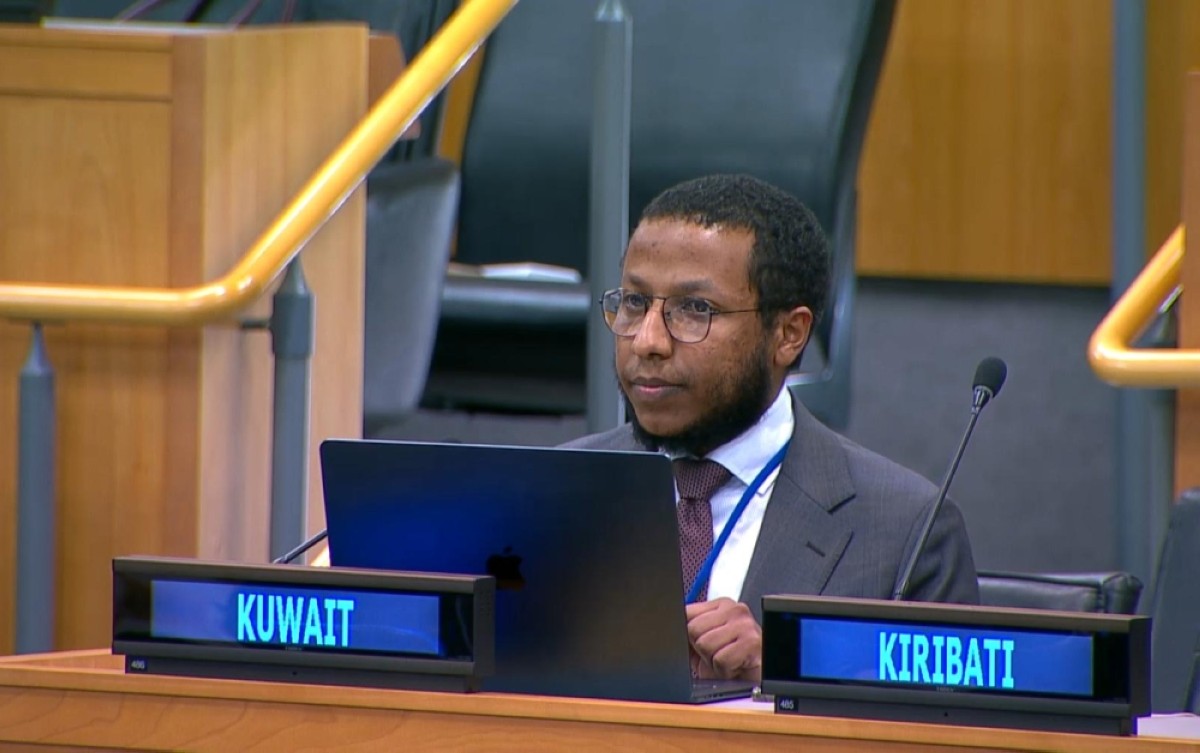

 Politics24 hours ago
Politics24 hours ago
 Business24 hours ago
Business24 hours ago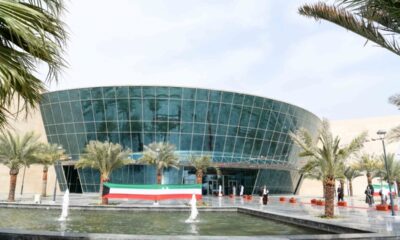
 Latest News22 hours ago
Latest News22 hours ago
 Politics21 hours ago
Politics21 hours ago
 Politics23 hours ago
Politics23 hours ago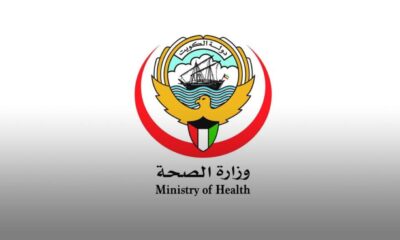
 Latest News21 hours ago
Latest News21 hours ago
 Politics10 hours ago
Politics10 hours ago
 Latest News9 hours ago
Latest News9 hours ago
